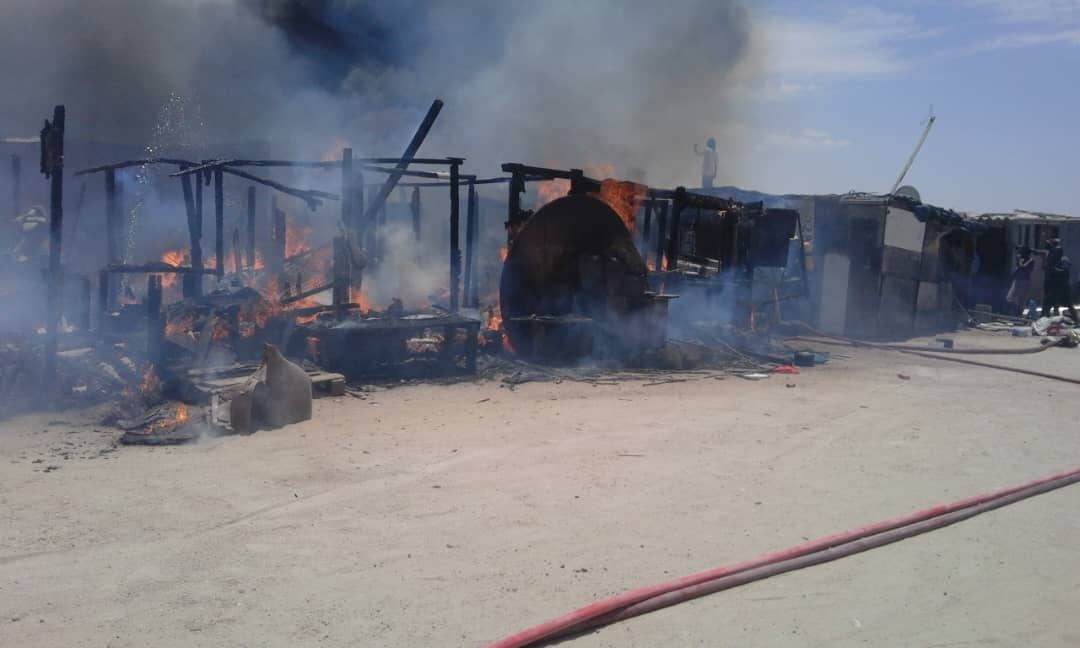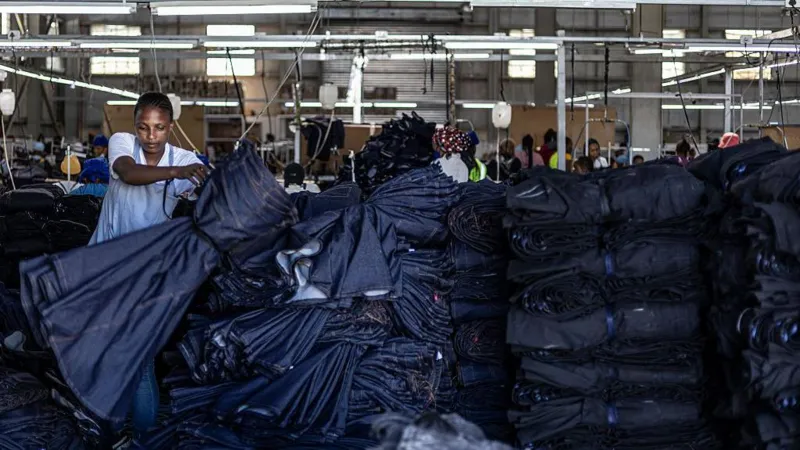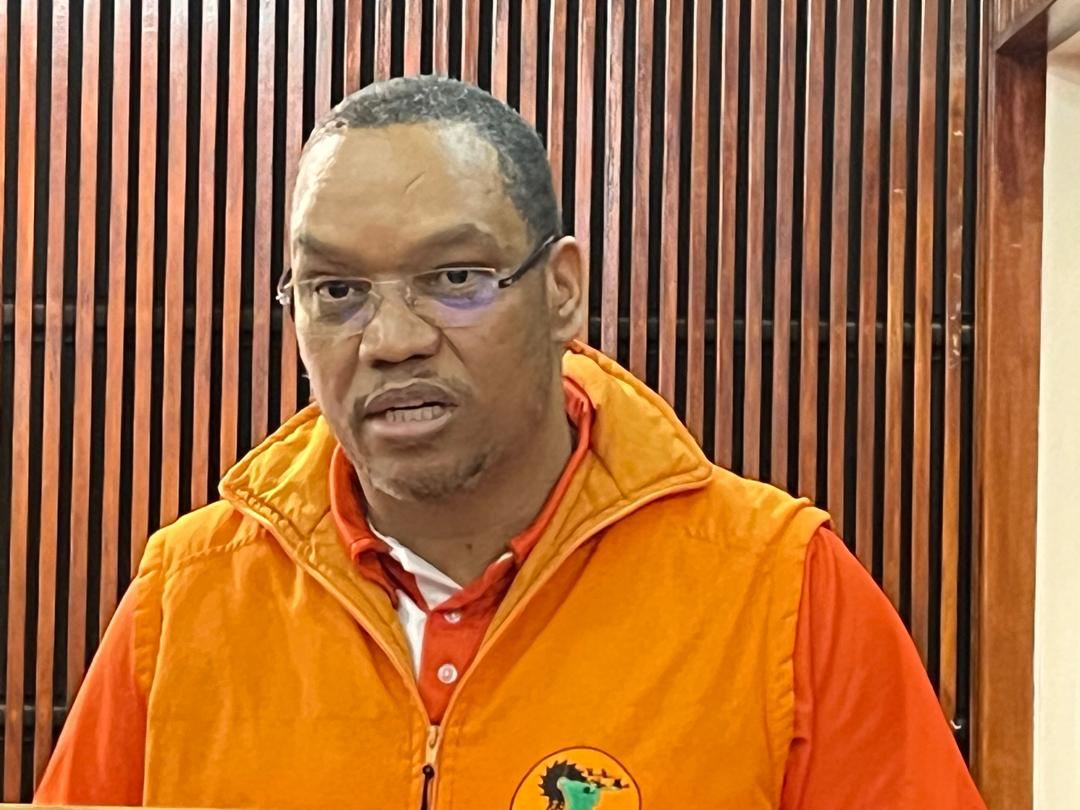SOUTH Africa’s economy can look forward to growth of 2,5 per cent in 2010, Ettienne le Roux, senior economist at Rand Merchant Bank said yesterday.
He was addressing the Steel and Engineering Industries Federation of SA’s annual conference in Johannesburg.
Le Roux said this figure should not be considered a bad performance, ‘given the global downswing.’
‘The many shock absorbers we have in place – such as a flexible rand exchange rate, counter cyclical policies, lower inflation, a social safety net, falling interest rates and infrastrucutre spend – these won’t prevent recession in SA,’ he said.
However, he added, these so-called shock absorbers would allow the country to recover around the end of 2009 into 2010.
Le Roux said the world was made up of surplus countries and deficit countries.
‘Unfortunately SA is a deficit country with a history of overspending,’ he said.
‘There’s nothing wrong with that, but you have to keep foreigners happy in order to fund the deficit,’ he added.
Le Roux said that leading up to the current global financial crisis, the world had been in ‘a bizarre state of stable disequilibrium’.
He added that the surplus countries had allowed funds to flow into the deficit countries.
‘Inflation was low and policy makers were complacent – they kept interest rates too low for too long – and there was also a reduction in risk aversion.’
Le Roux said the situation was a ‘breeding ground’ for problems.
‘Interest rates had to go up and the rest is history,’ he said.
He added that South Africa had enjoyed a boom period in 2003 where it imported more than it exported, resulting in a huge current account deficit.
‘We attracted huge amounts of capital inflows and this allowed us to run a deficit.’
He noted that both inflation and rates were low, facilitating unsustainable spending.
‘Consequently inflation rose and monetary policy tightened,’ Le Roux said.
Globally, Le Roux said it was not only a property bubble that had caused the trouble, but a financial banking crisis too.
‘The property bubble burst and assets on balance sheets depreciated … and if a bank has capital problems it doesn’t lend, resulting in a situation where the economy can’t grow.’
However, Le Roux was of the opinion that the massive stimulus packages by governments had prevented a worst case scenario – that of a great depression.
‘Instead we have a great recession in 2009.’
Le Roux said that what happened in the global economy was important for South Africa.
‘When there is a global upswing, SA tends to outperform global growth, but when there is a global downturn, we tend to under perform global growth.’
He said the global downturn had not only hit SA’s exports but capital flows had decreased.
‘For SA this was a double whammy – it’s a deficit country and it suddenly no longer looked attractive.’
Both mining and manufacturing had been severely hit, he noted.
Le Roux said the timing of the global financial crisis had been bad for South Africa.
‘SA was already suffering from a demand slowdown when the global crisis came about.’
Le Roux said consumers had concentrated on deleveraging and consumer spending slowed.
‘The consumer matters when it comes to our economy … if we can get the consumer going again, the economy will start growing again.’
Asked why SA banks were behaving like their counterparts in the US by not lending, Le Roux said: ‘This is their temporary response to the downturn.
‘Banks can’t lend to households that may not repay them,’ he said.
However, he added that once the economy stabilised, banks would most certainly ease lending criteria.
-Nampa-Sapa
Stay informed with The Namibian – your source for credible journalism. Get in-depth reporting and opinions for
only N$85 a month. Invest in journalism, invest in democracy –
Subscribe Now!










